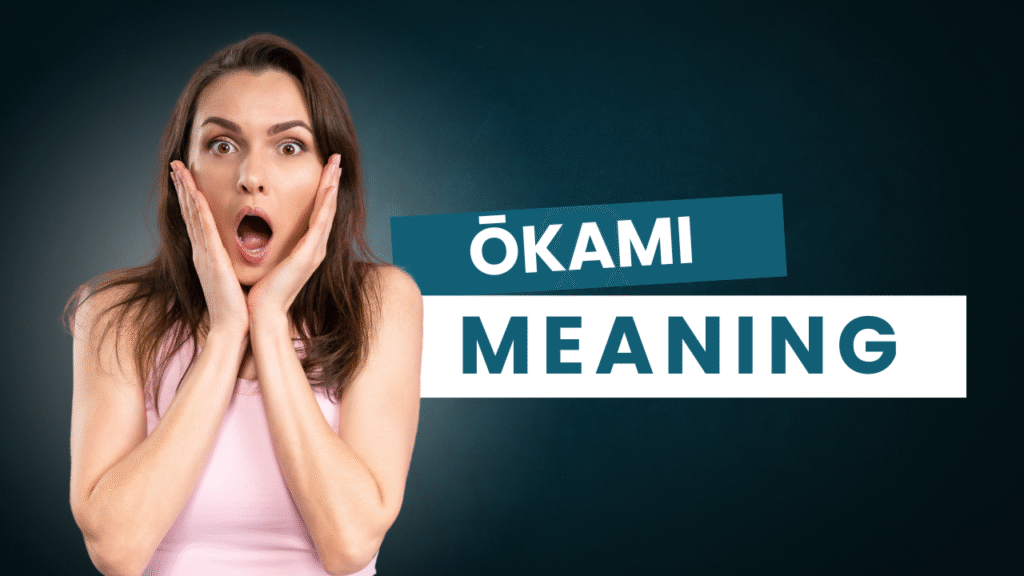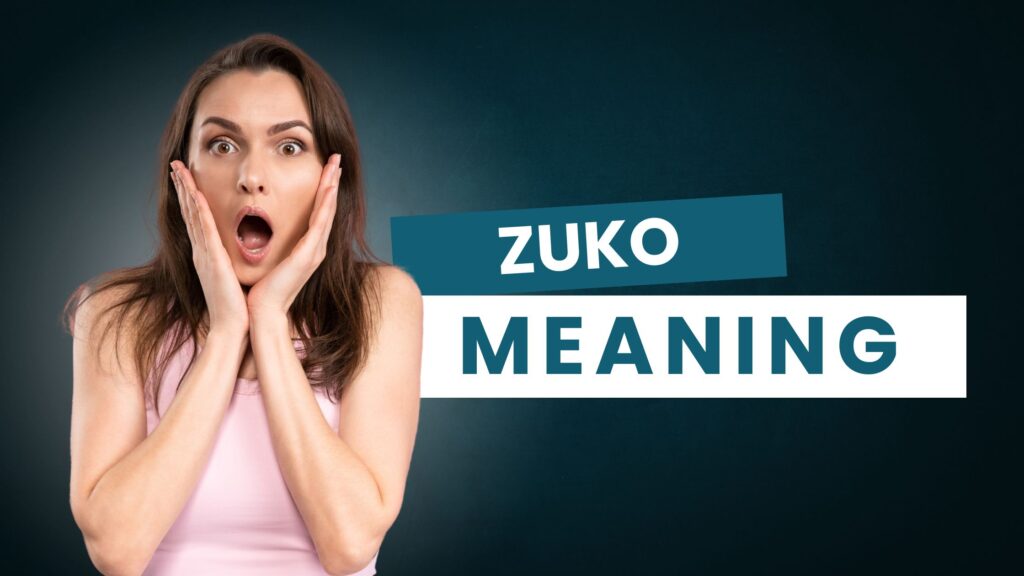Mahalo is a beautiful word from the Hawaiian language. At first glance, it seems to mean “thank you simply.” But the truth is, it carries much deeper meaning, spirit, and emotion. Let’s explore what “mahalo” really means, where it comes from, and how it’s used in daily life.
What Does Mahalo Mean?
Most people learn that mahalo means “thank you.” That’s true but it’s only part of the story. The word mahalo also holds feelings of respect, appreciation, and love. When someone says “mahalo,” they offer more than just politeness. They are sharing a moment of gratitude from the heart.
The Deeper Meaning Behind Mahalo
In Hawaiian culture, words carry mana or spiritual power. So when Hawaiians say mahalo, it’s not just about good manners. It’s about recognizing someone else’s kindness, effort, or presence. “Mahalo” is often connected to “aloha,” another powerful Hawaiian word.
While “aloha” can mean hello, goodbye, or love — it’s really about connection and spirit. In the same way, mahalo is filled with that same kind of energy. It’s gratitude that’s felt, not just said. Read more slang meanings here.
Where Did Mahalo Come From?
The word “mahalo” has roots in early Hawaiian times. Some believe it developed from the meanings of “ma” (in, toward) and “hā” (breath of life or spirit). Thus, mahalo could be seen as “toward the breath” or “in the spirit.”
In other words, saying mahalo is like saying, “I see the good in you, and I thank you from my heart and spirit.” This is why mahalo is so much more than a quick “thanks.”
How Mahalo Is Used in Everyday Life
You’ll hear “mahalo” used all over Hawai‘i in shops, on signs, and between friends.
It’s a common way to show appreciation, whether for a big favor or a small gesture.
Some examples:
- When someone holds the door open: “Mahalo!”
- When your food arrives at a restaurant: “Mahalo!”
- When a teacher finishes a lesson: “Mahalo nui loa!” (Thank you very much)
There are also variations, like:
- Mahalo nui – Thank you very much
- Mahalo nui loa – With deep gratitude
- Mahalo ke Akua – Thanks be to God
These forms show that the feeling can grow even deeper depending on the moment.
Mahalo in Tourist Culture
In places visited by tourists, like O‘ahu, Maui, or Kaua‘i, you’ll see the word mahalo printed on trash cans, hotel signs, and brochures. Many visitors think it’s just a fancy word for “thank you,” but locals know it has much more meaning.
Some native Hawaiians feel that “mahalo” has been overused or misused in tourism. They want people to understand that Hawaiian words are more than decorations — they are part of a living culture. Using them with understanding and respect helps keep the culture strong.
Mahalo and Hawaiian Values
In traditional Hawaiian life, gratitude was essential. People lived closely with nature, family, and community. To survive and thrive, everyone had to work together and support each other.
That’s where Mahalo fits in. It was used to show thanks to people, the land, the ocean, the sun, and even the gods. This deep respect helped keep balance and harmony.
Today, that same spirit lives on. Saying “mahalo” can help connect people not just with each other, but with their roots and values.
Mahalo in Modern Times
Modern Hawaiians still use mahalo in many ways. It appears in speeches, songs, emails, and social media. Even younger generations are learning to use it with pride.
As more people learn about Hawaiian culture, the word mahalo is being used outside of Hawai‘i too. It reminds people everywhere to be thankful, humble, and kind.
Different Ways to Say “Thank You” in Hawaiian
| Phrase | Meaning |
| Mahalo | Thank you |
| Mahalo nui | Thank you very much |
| Mahalo nui loa | With deep thanks |
| Mahalo piha | Sincere or complete thanks |
| Mahalo ke Akua | Thanks be to God |
Conclusion
The word “mahalo” is short, but it’s full of meaning. It shows thanks, honor, love, and spirit. It reminds us to slow down and truly feel grateful—not just for big things but also for small kindnesses.
So, the next time you hear or say “mahalo,” remember that you’re not just using a word you’re sharing a feeling that has been passed down for generations.


